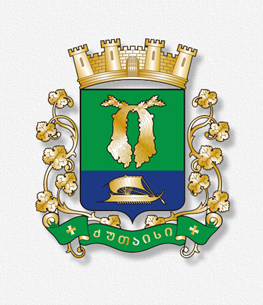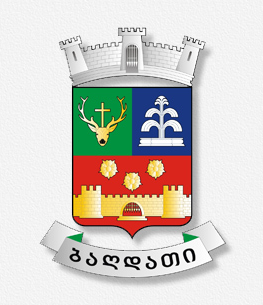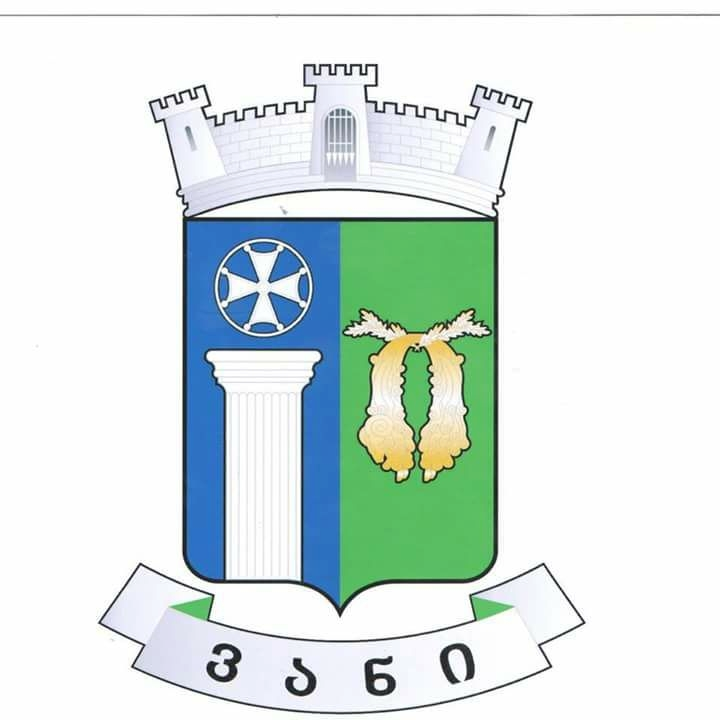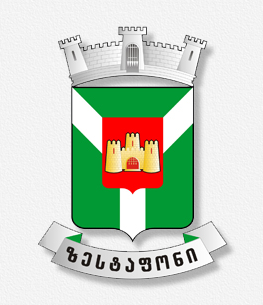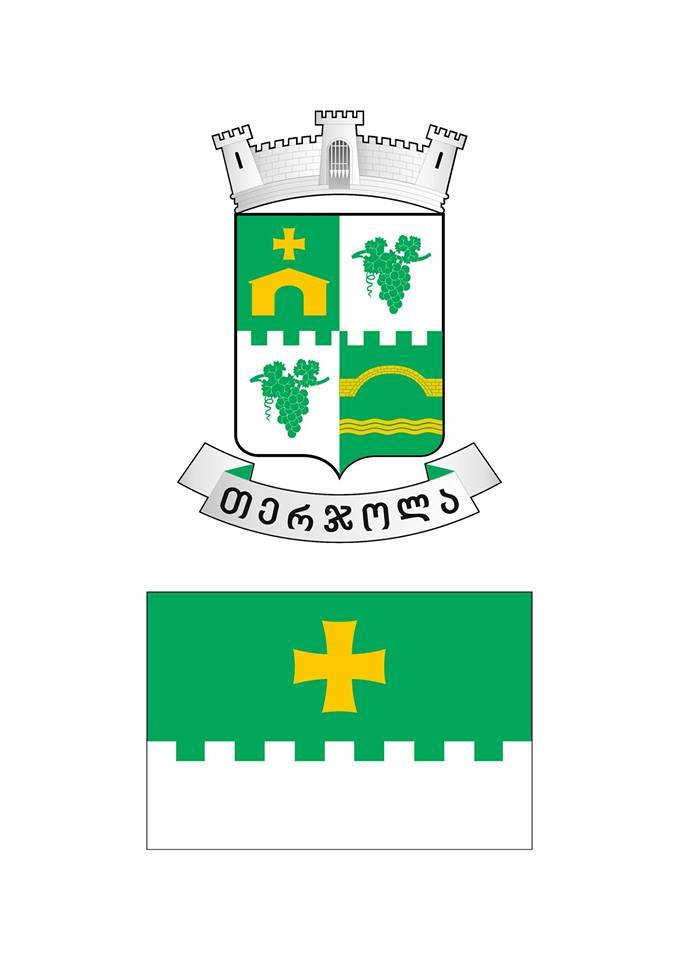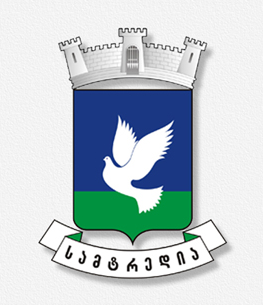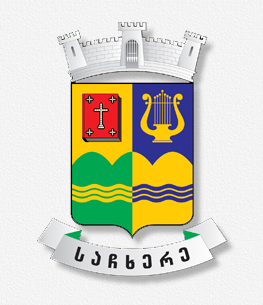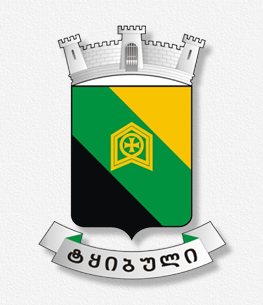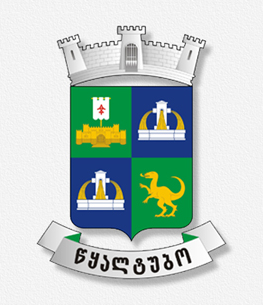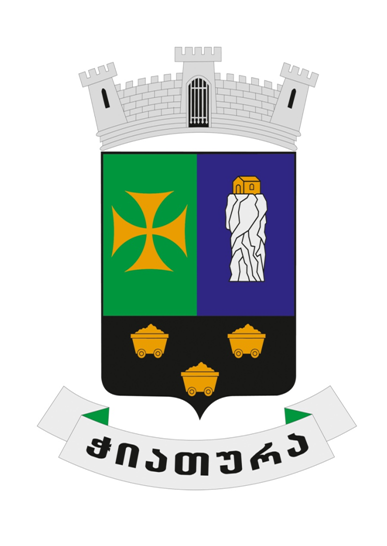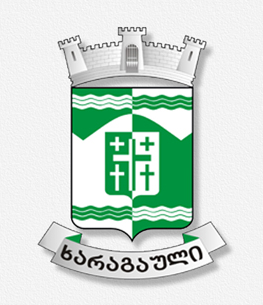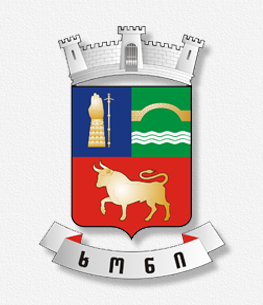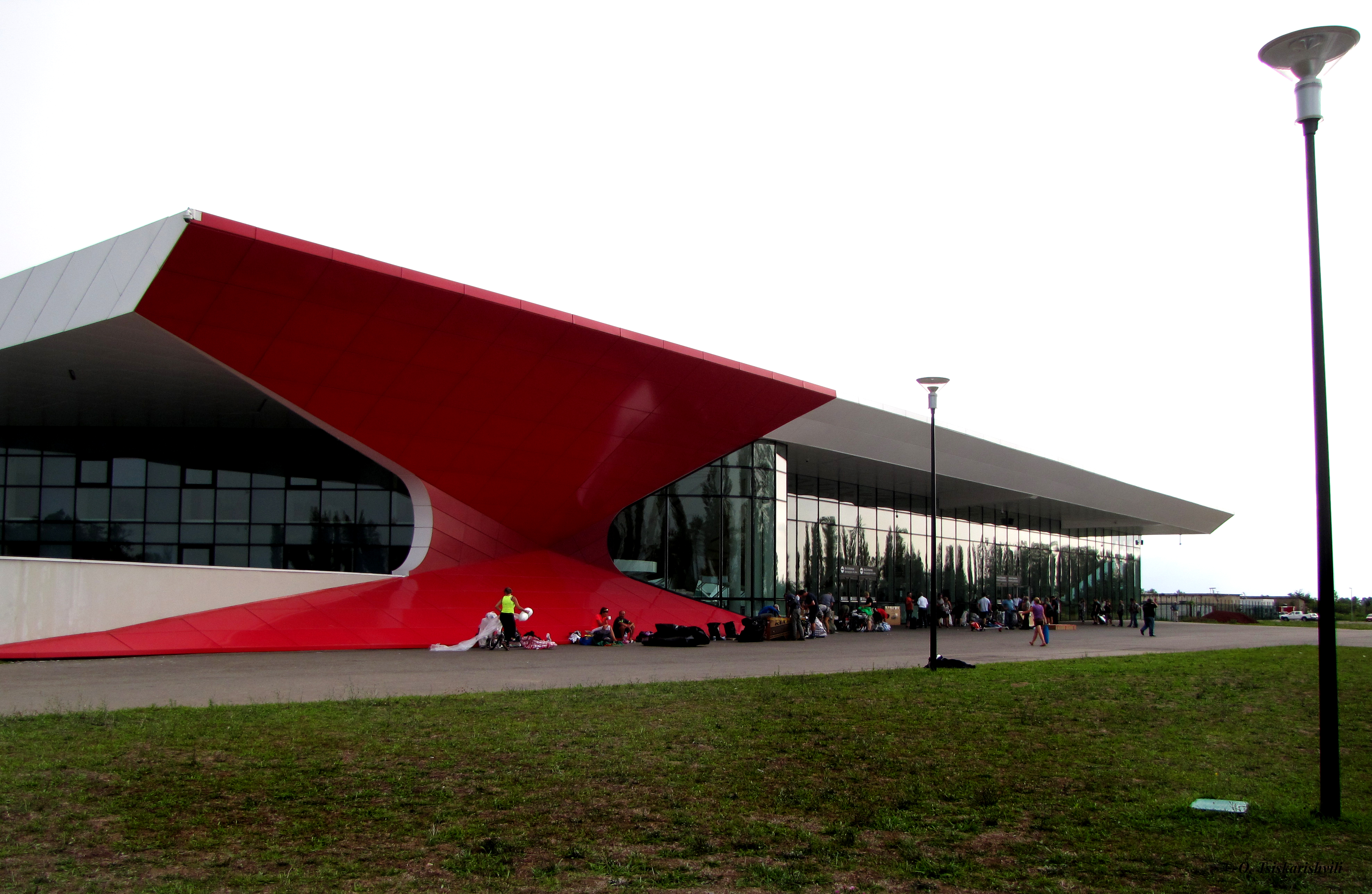TSKALTUBO
Health Resort Tskaltubo
Tskaltubo is situated in the central part of western Georgia at the foot of the South Caucasus, ten kilometers from the city Kutaisi, a hundred kilometers from the warm Black Sea and 230 kilometers from Tbilisi, the capital of Georgia.
In the old times Colchis was mentioned in the myth about Argonauts who came to Media’s native land in quest of the golden fleece.
Tskaltubo mineral water has a long time history. Tskaltubo was famouse even VII-IX centuries. In XII-XIII centuries Tskaltubo was alrealy injoyed with wide popularit.
Clinical data show the extraordinary wide range of curative properties of Tskaltubo as a health resort, but it became especially famous for its unique warm radioactive gaseous springs (baths) which has been well-known since the ancient times.
Curative properties of Tskaltubo springs are incomparable. The springs are naturally warm, they have nearly the human body temperature (33-350 C) and can be used without being heated. The water is clear, slaking without smell.
Tskaltubo mineral waters are of high medical properties, they can cure (treat) about sixty diseases. It magically helps the patients who have the joint disease, the disease of the peripheral nervous system, the cardiovascular system disease, skin disease, metabolism, the disease of endocrine glands, gynecological disorders and many other diseases, but since the 1970s its repertoire has included "speleotherapy", in which the cool dust-free environment of local caves is said to benefit pulmonary diseases.
The treatment in Tskaltubo is so effective that many patients who had to walk on crutches before treatment stopped using them after treatment. The water produces a tranquillizing effect on people with nervous breakdown, many childless women’s dreams come true.
The treatment in effective for those children who are afflicted with rheumatism, cerebral paralysis and poliomejelitis. The course of treatment is about fourteen/twenty-four days. Besides everyday twenty-minute warm radioactive (thermal) baths the patients, if necessary, can have water training, under water massage, stretching exercises, circular and ascending showers, gynecological irrigations, electro-therapy, etc.
There are many comfortable hotels in Tskaltubo.
Tskaltubo is known not only as a Spa but as well as a popular tourist centre. It is situated in a great hilly plain with its warm moderately humid climate. The peculiarities of the climate are formed by specially combined solar radiation, atmospheric circulation and complex topography. The solar radiation regime determines the subtropical climate of Western Georgia. Tskaltubo is famous for its mild winters ( +30C ) and not very hot summers (+33-350 C). So Tskaltubo can be considered to be a climate resort. Along with the treatment you can have a good rest here. There is a large beautiful park with about a hundred different specimen of subtropical flora. There are also Historical and area Studies museums. From Tskaltubo holiday-makers can visit the second largest city Kutaisi, its museums, its Picture Gallery, ancient historical monuments, great Bagrati cathedral, Gelati Monastery and Academy, Motsameta, Geguti hunting house and fortress and other places of interests. It takes you about an hour and a half to reach the Black Sea shore or the Alpine snow-capped mountains of Svaneti. You can see the dinosaurs’ traces near the cave of Sataplia. The beauty of the karst cave takes your breath away. The territory of the Sataplia National park is interesting for its fauna and flora. The popular Prometheus cave is not far from Tskaltubo. It is fairly considered one of the best in Europe. Tourists can see and admire its wonderful transparent lakes, stalactite and stalagmite woods and fairy-tale halls. For those people who do not need any treatment there are recreation facilities at their disposal, they can see eastern Georgia’s sights, go to the seaside or to the mountains. So they can both entertain and rest. From Tskaltubo to Tbilisi tourists can travel by cars and trains.
Museums of Tskaltubo
The local Lore Museum
It was founded in 1969. The museum keeps different types of archieval materials in archeology, ethnography, numismatics, manuscripts, epigraphs, photos and more than 32 thousand museum pieces
Archeological collections cover the period from the lower paleolithic to the late middle ages.
The ethnographic fund is represented by the metal, wood, leather, ceramics, glass vessels, musical instruments and embossing art pieces.
Museum possesses the richest collection of manuscripts and numismatics.
The house – museum of Niko Lortkipanidze
Niko Lortkipanidze was a famous Georgian writer, journalist, publicist and critical realist ( 1888-1944 ).
His house-museum is situated in Chuneshi village, not far from Tskaltubo. The museum consists of six buildings with thousand pieces.
The house- museum of Otia Ioseliani
Otia Ioseliani was one of the most popular writer of our period ( 1930-2011 ). His books were translated in many languages of the world. Many contemporary Georgian films have been made according his interesting novels.
The house-museum is situated near the local museum of Tskaltubo.
Cultural Heritage
Geguti is a ruined Georgian medical royal palace, 7km south of the city of Kutaisi. The ruins occupy an area of over, 2,000 aquare metres alongside the Rioni River. The earliest structure dates back to the 8-9th centuries and the main complex was constructed during what is considered to be medieval Georgia’s ,,golden age’’. The Geguti palace is frequently featured in Georgia annals as the beloved place of the rest of Georgian royalty.
Khomuli fortress - it is located in Khomuli village from the north-east side of Tskaltubo.
The fortress was built for some reasons:
a) A great war between Persians and Bizantines ( IV century ) on the territory of western Georgia.
b) It was strategical place, controlling the road to the north Caucasus.
c) Social-economic conditions.
The wall around the fortress was built in the XVI century. Today the fortress and the wall are half-ruined.
Imereti Caves
There are numerous karst caves on the territory of Imereti. In ( Western Georgia ) order to protect them and preserve natural environment, in 2007 Imererti Cave Preserve Territory was set up. It includes one preserve, one managed nature reserve and 18 natural monuments, including: Sataplia reserve ( 330 ha ), Sataplia managed nature reserve (34 ha) , Tetra Mgvime, Prometheus, Khomuli, Gliana, Satsurblia, Solkota, Didgele, Melouri and Bgeri natural monuments of caves; Navenakhevi, Nagarevi, Iazon and Sakazhia natural monuments of caves; natural monuments of Tskaltsitela gorge; natural monuments of Tsutskhvati cave.
Prometheus cave ( Tskaltubo district, village of Kumistavi ) was discovered on June 15, 1984, by the expedition of speleologists from Tbilisi Vakhushti Bagrationis Institute of Geography. It is one of the most beautiful and largest caves in Georgia. There are 6 relatively large halls in the cave, each filled with spectacular cave formations ( stalactites and stalagmites and connected to each other through a wide corridor.)
The cave has branches that have not yet been explored. Their size exceed the size of the discovered ones. It was determined, according to the studies, that the total length of the cave is as much as 20km, 1050m of which is well-equipped for visitors. Climate of the cave is wholesome for people suffering from asthma.
The underground river located in the cave is a part of a complex hydrological network that is unique to the region. It’s possible to traverse the river on the boat tour, offered by the administration of the cave. The boat tour is unique in Prometheus Cave and is not offered elsewhere in the region.
Sataplia Preserve – is in Gumbra village, 6km form Tskaltubo. On the protected areas we can see dinosaurs footprints, artificial figures and many interesting things describing the old ages.
We can demand the guided tour on the territory of the protected areas and in the cave, too.
Sataplia Preserve was created in 1935 to protect geological, speleological and botanical monuments. Sataplia Cave is very interesting tourist place. Its total length is 900 meters. Entering the cave we see the unique sights. Its color is pink-purple that proves the consistence of iron in it. Stalactites and stalagmites will attract your attention. The largest hall in the cave includes the greatest stalagnate. The narrow corridor takes the visitors to another hall.
Tskaltubo cave, nicknamed ,,Tetra”, is a karst cave in the environs of the village Khomuli. High background of aerial ionization and natural radioactivity, ideal purity of air, existence of pathogenic microbes and allergens, stability of basic meteorological elements ( air temperature, humidity, atmospheric pressure ) create favorable conditions for treatment of chronic asthma and cardiovascular system disease. Environment of the cave is also good for treatment of hypertensive, chronic pneumonia and neurosis disease.
Video
News calendar
 |
April 2025 |  |
||||
|---|---|---|---|---|---|---|
| Mon | Tue | Wed | Thu | Fri | Sat | Sun |
| 1 | 2 | 3 | 4 | 5 | 6 | |
| 7 | 8 | 9 | 10 | 11 | 12 | 13 |
| 14 | 15 | 16 | 17 | 18 | 19 | 20 |
| 21 | 22 | 23 | 24 | 25 | 26 | 27 |
| 28 | 29 | 30 | ||||
Calendar




